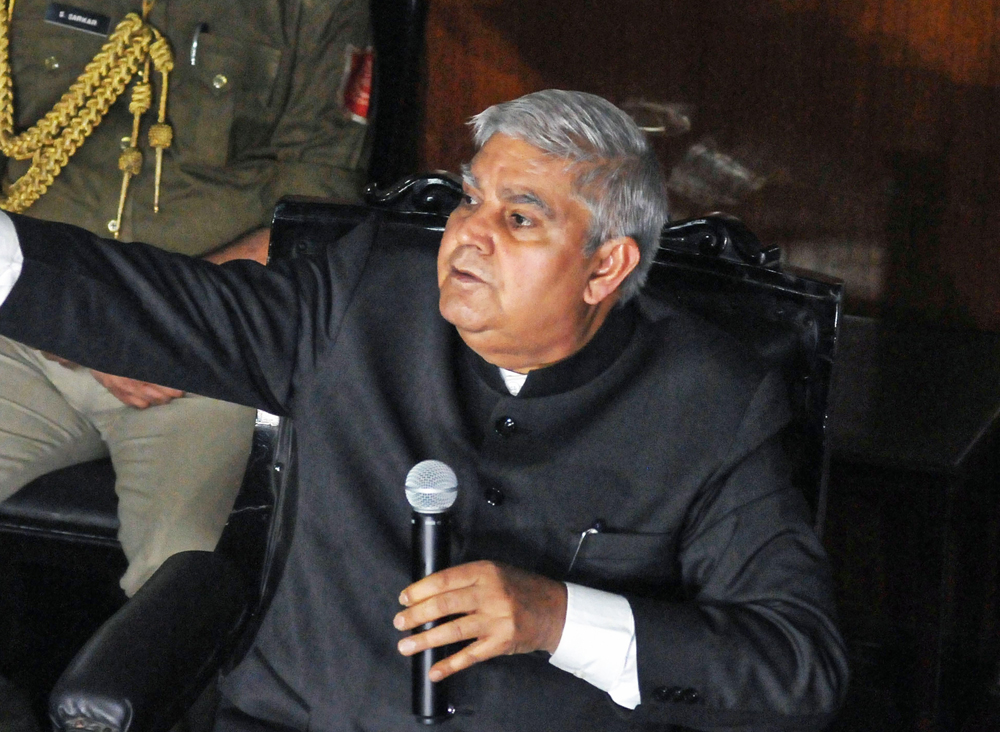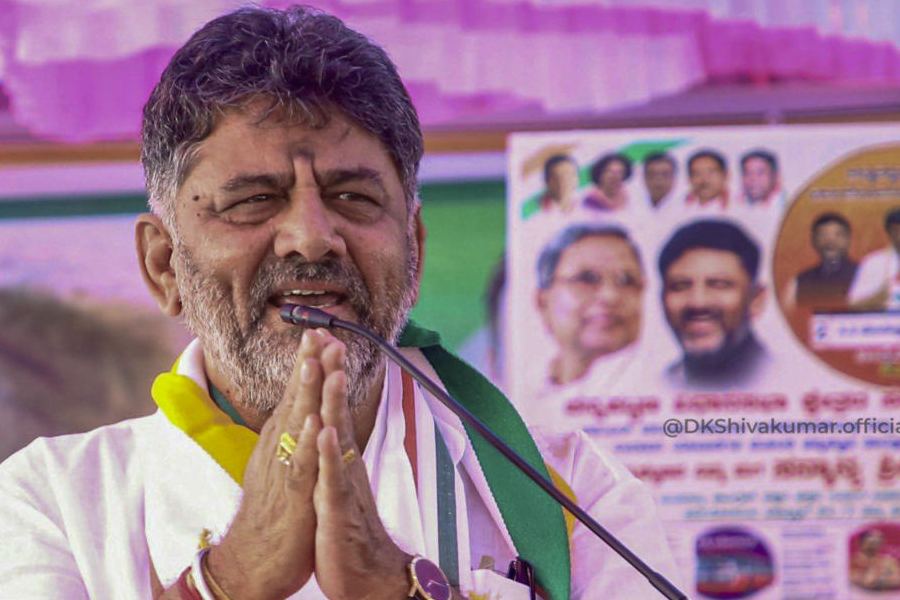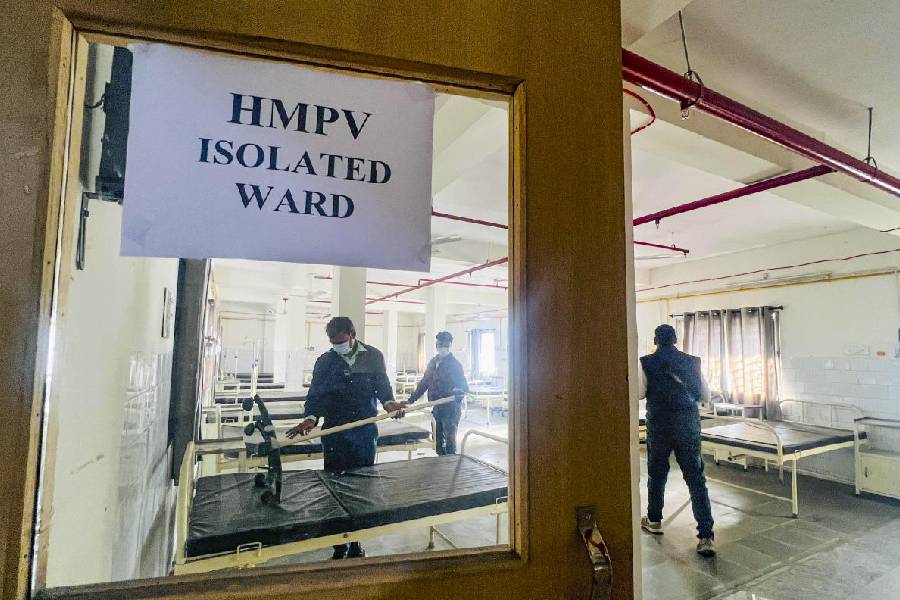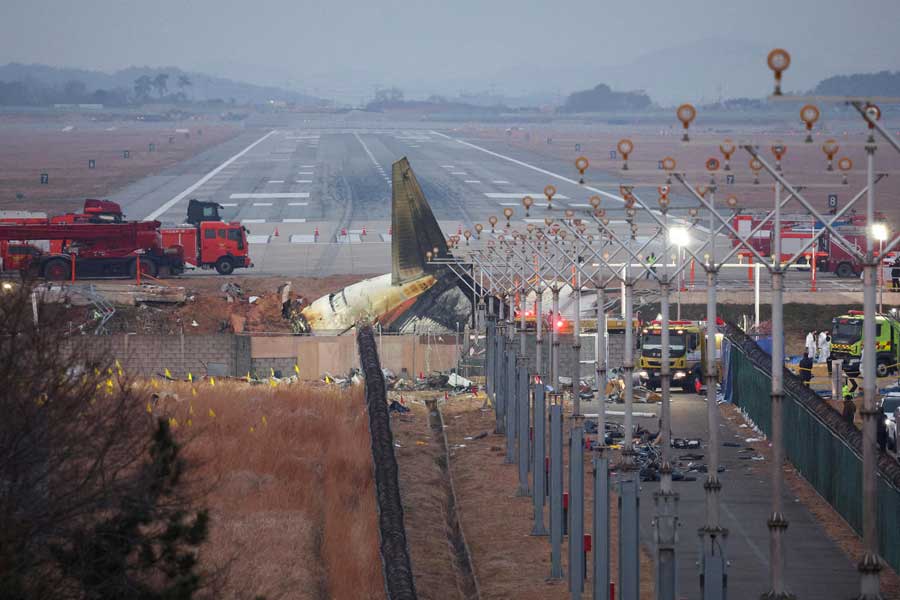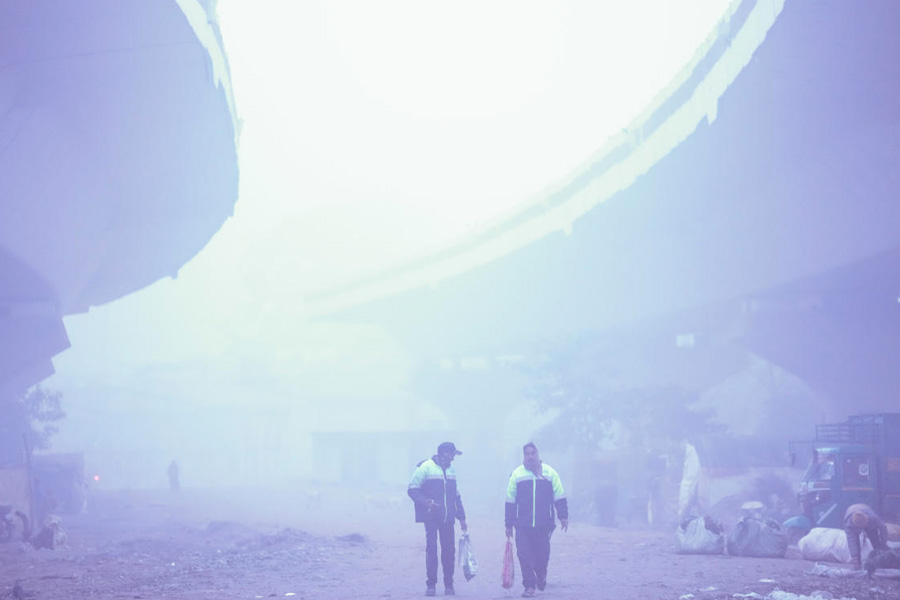Bengal governor Jagdeep Dhankhar on Wednesday discussed with the chief secretary and the director general of police the current situation in the state and said the talks were satisfying.
Chief secretary Rajiva Sinha and DGP Virendra called on the governor at Raj Bhavan on Wednesday.
“I was given a comprehensive briefing by the chief secretary and the director general of police on the current state of affairs in Bengal following protests against the amended citizenship Act. Our talks lasted for over 75 minutes, which was comprehensive, analytical and satisfying,” Dhankhar told a news conference.
Dhankhar also said he wished to visit the affected areas to generate confidence among people, but this time, he chose to keep the state government in loop.
“I have been pained by the situation in Malda and Murshidabad districts. I want to visit the affected areas in these districts but want to do it after taking the state government into confidence. I would visit the places when the state government thinks which time is appropriate for me to go there,” he said.
Sources at Nabanna said Dhankhar’s comments on Wednesday were much acceptable compared to his previous tweets and remarks criticising the government.
“This should ease the relationship between the Raj Bhavan and Nabanna. I hope the approach would not change in future,” said an official.
But Dhankhar criticised the chief minister for taking on the amended citizenship law and hit the streets.
“After the bill was passed in Parliament and the President gave his assent, it has become the law of the land and it cannot be opposed especially by the head of a government,” he said on Wednesday.

